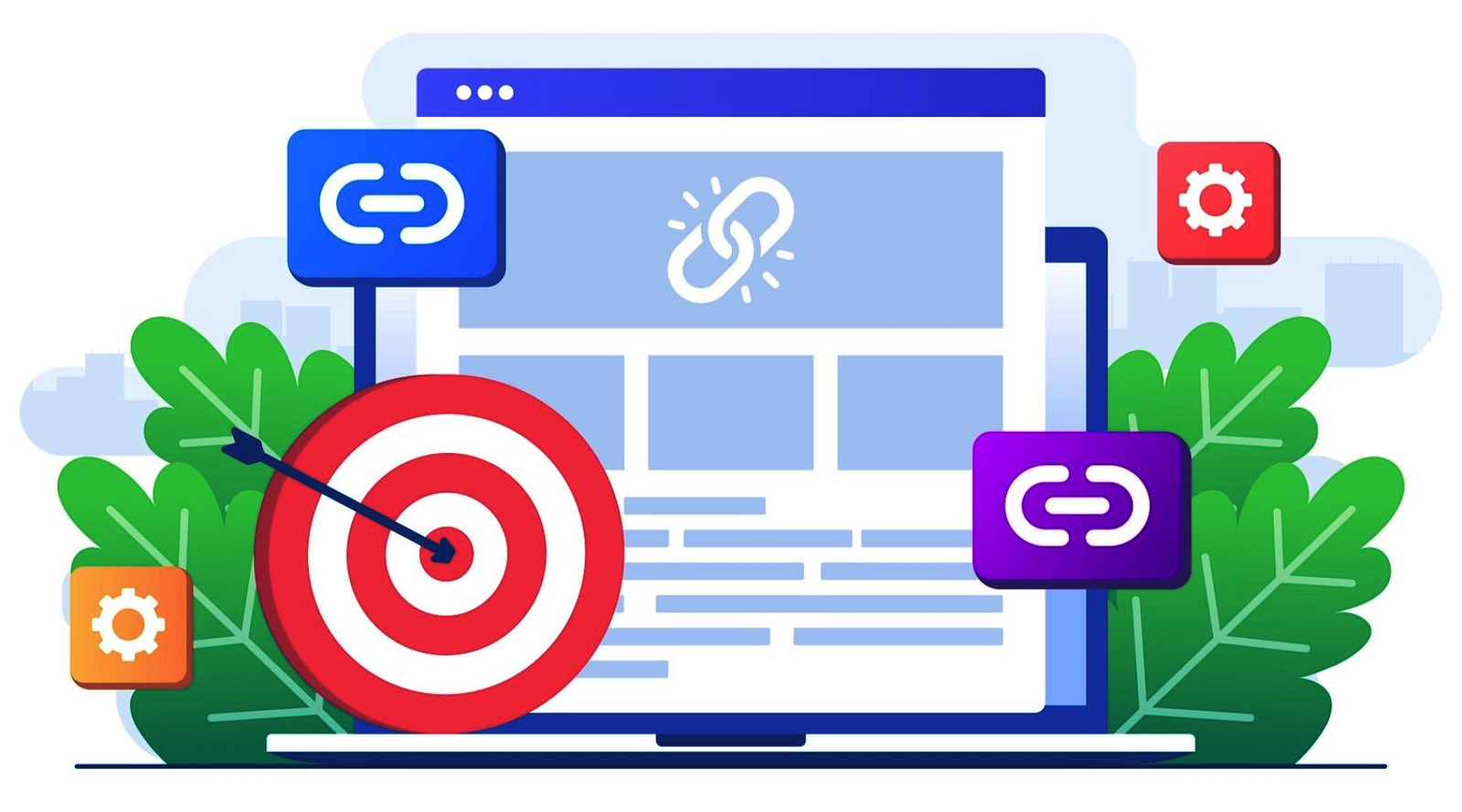
How to Increase Website Authority? 6 Effective Tips
- Web
- SEO
Understanding and enhancing Website Authority is pivotal for anyone looking to improve their site’s visibility and performance in search engine results. This measure of trust and quality not only affects your SEO rankings but also determines how potential customers perceive your brand. In this blog, we’ll explore six actionable tips that can significantly boost your site’s credibility and ranking.
Tips to Increase Website Authority
Tip 1: Optimize Your On-Page SEO
Effective on-page SEO is foundational to increasing your website’s authority. By optimizing the elements within your website, you make it easier for search engines to understand and favorably rank your content. Here’s how you can refine your on-page strategy:
1.
Title Tags and Meta Descriptions:
Ensure these are compelling and include main keywords
naturally.
2.
Header Tags:
Organize content clearly using H1, H2, and H3 tags to
help both users and search engines understand your
site’s structure.
3.
Keyword Optimization:
Integrate relevant keywords smoothly into your content,
titles, and descriptions without overdoing it.
Tip 2: Build High-Quality Backlinks
Backlinks are among the strongest indicators of a site’s authority. Securing links from reputable sites tells search engines that your content is valuable and trustworthy. Here are a few methods to acquire quality backlinks:
1.
Guest Blogging:
Write articles for popular blogs in your industry and
include a link back to your site.
2.
Collaborations and Partnerships:
Engage with other businesses and offer mutual
promotional efforts that include linking to each other’s
content.
3.
Authoritative Directories:
List your site in respected business directories that
are relevant to your niche.

Tip 3: Enhance User Experience (UX)
The usability of your website plays a crucial role in retaining visitors and converting them into customers. Improving user experience can directly influence your Page Authority and overall site performance:
1.
Website Speed:
Use tools like Google PageSpeed Insights to analyze and
enhance your site’s loading time.
2.
Mobile Responsiveness:
Ensure your site is easily navigable on smartphones and
tablets.
3.
Clean Design:
Adopt a simple, user-friendly design that facilitates
rather than complicates the user journey.
Tip 4: Produce High-Quality Content Regularly
Content is king when it comes to digital marketing, and consistent, high-quality content is key to establishing authority. Implement these content strategies to engage and retain your audience:
1.
Value and Relevance:
Make sure your content addresses the needs and questions
of your audience.
2.
Engagement:
Include engaging elements like images, videos, and
interactive polls.
3.
Posting Schedule:
Maintain a regular posting schedule to keep your
audience coming back for more.
Tip 5: Utilize Social Media to Boost Engagement
Social media doesn’t directly impact SEO rankings, but the engagement on these platforms can enhance your brand’s visibility and website authority:
1.
Active Presence:
Post regularly and engage with your followers through
comments, live sessions, and more.
2.
Promotions and Contests:
Use social media for contests and promotions that
encourage interaction and link sharing.
3.
Shareable Content:
Create content that is easy to share, increasing your
visibility and backlink potential.
Tip 6: Monitor and Improve Your Website’s Technical SEO
Technical SEO involves the aspects of SEO that deal with the infrastructure of your website. Here are some technical elements to keep in check:
1.
SSL Certification:
Secure your site with HTTPS to protect user data and
improve trust.
2.
URL Structure:
Ensure your URLs are clean and descriptive.
3.
Sitemap and Robots.txt:
Regularly update your sitemap and check your robots.txt
file to ensure search engines can index your site
effectively.
Conclusion:
Boosting your website authority is a gradual process that requires consistent effort. By implementing these tips, you can enhance your Domain Authority, Page Authority, and build a trustworthy online presence that resonates with both search engines and users. Start applying these strategies today, and watch as your site climbs the ranks in search engine results. Feel free to share your progress or ask questions in the comments below!FAQ's
-
How fast can you increase domain authority?
Increasing domain authority (DA) is not a quick process and the time it takes can vary significantly depending on several factors such as the current authority of your website, the competitiveness of your industry, and the strategies you implement. Typically, seeing a noticeable increase in DA can take several months of consistent effort. It requires building high-quality backlinks, improving on-page SEO, and regularly updating your site with valuable content. Patience and persistence are key in gradually enhancing your domain authority.
-
What gives a website authority?
Website authority is primarily influenced by the quality and volume of backlinks leading to the website. Other factors include the age of the domain, the reliability and technical SEO aspects of the website, and the quality of the content it offers. High-quality, relevant backlinks from reputable sites significantly contribute to a website’s perceived authority, as do well-structured, informative, and user-friendly web pages that provide a good user experience.
-
Is 25 domain authority good?
A domain authority of 25 is considered moderate. It suggests that a website is starting to build trust and credibility but has significant room for improvement. For new websites or those in highly competitive industries, a DA of 25 can be seen as a good start. However, to compete effectively, especially in niches with established players, aiming for a higher DA would be beneficial. Improving domain authority should be an ongoing effort to ensure better visibility and ranking in search engine results.
-
What are 3 techniques of increasing your domain
authority?
1. Enhance Link Profile: Focus on acquiring high-quality backlinks from well-respected and relevant websites. Techniques include guest blogging, partnering with influencers, and engaging in community or industry forums.
2. Improve On-Page SEO: Optimize your website’s content and structure for search engines, including using the right keywords, optimizing meta tags and descriptions, and ensuring a logical structure with proper use of header tags.
3. Content Marketing: Regularly produce and disseminate valuable, informative, and engaging content that attracts organic links and encourages visitors to share your pages across social media platforms. -
What are the factors of Page Authority?
Page Authority (PA) is influenced by similar factors as Website Authority but at a page-specific level. Key factors include:
1. The number and quality of backlinks pointing to the page: More high-quality backlinks generally lead to higher PA.
2. The quality of the content: High-quality, well-researched content that meets the needs of visitors can increase the page’s authority.
3. On-Page SEO: Effective use of keywords, optimized images, and proper use of tags can boost a page’s SEO and, consequently, its authority.
4. Social signals: While not a direct ranking factor for most search engines, pages that are frequently shared and liked on social media may be perceived as more authoritative.
